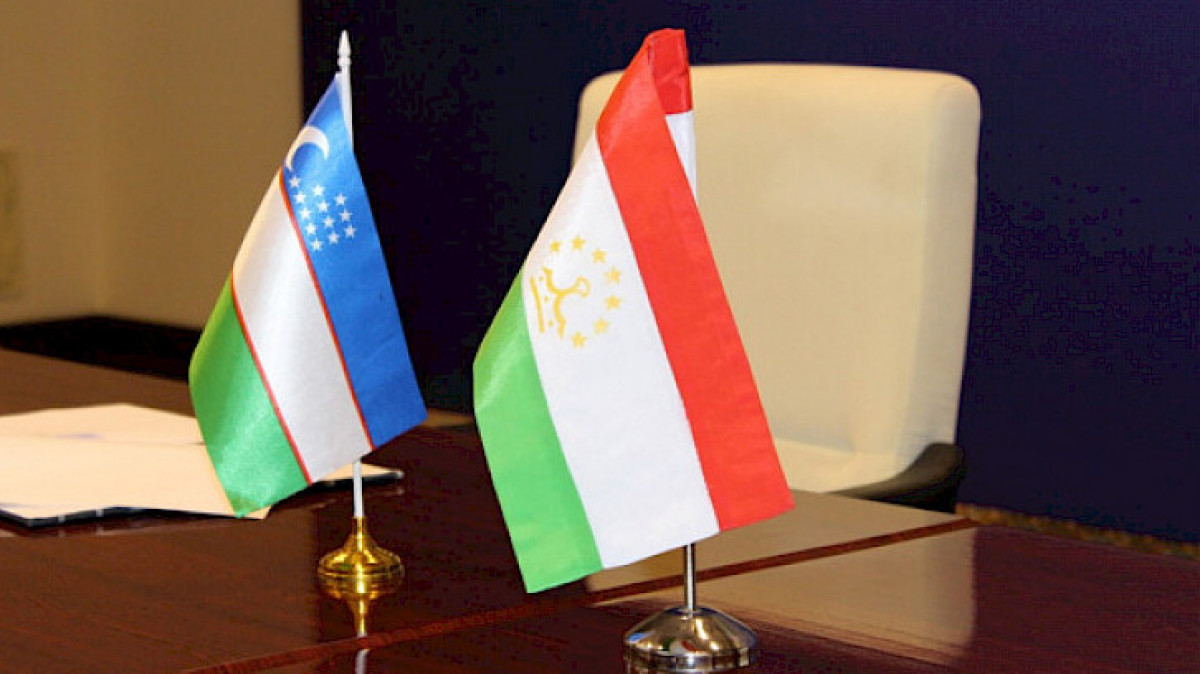 107
107
President Shavkat Mirziyoyev of Uzbekistan has visited Tajikistan for the third time since taking office in December 2016. Mirziyoyev visited Tajikistan for the first time in 2018, 17 years after the two countries were divided. On June 14, 2019, the president of Uzbekistan paid his second visit to Tajikistan. Before Mirziyoyev’s election, over 70% of the border between Uzbekistan and Tajikistan was mined, and over 16 border crossings were closed, severely restricting economic and commercial exchanges between the two Central Asian countries. To better understand the current situation in Central Asia, it is crucial to evaluate the factors that have damaged bilateral cooperation between Tajikistan and Uzbekistan. These factors may be traced all the way back to the collapse of the Soviet Union and the start of the Tajik civil war, in which both Uzbekistan and Russia played significant roles. This problem, coupled with water and border conflicts, mining and border-crossing blockades, and the absence of a clearly defined border, has hampered their relationship in both economic and diplomatic fields. However, with the election of the new Uzbek President, Mirziyoyev, relations between Tajikistan and Uzbekistan have remarkably improved. By implementing many economic reforms, dismissing previous politicians, and adopting an open-door foreign policy, Mirziyoyev extricated himself from Islam Karimov’s shadow and his cult of personality. To improve ties with Tajikistan, Uzbekistan toned down its hostile rhetoric and adopted a more conciliatory approach. On the other hand, China’s regional and global ambitions have had a serious impact on Tajikistan and Uzbekistan’s bilateral relationship. Central Asian nations have been encouraged by Beijing’s Belt and Road Initiative, often known as the new Silk Road, to explore methods to enhance constructive cooperation and diplomacy while decreasing tensions. Due to China’s focus on regional peace, stability, and maintaining common ground in central Asia, Dushanbe and Tashkent are attempting to settle their disagreements as they are cognizant of the vital role that Chinese investment plays in their economic growth. So far, the expansion of Tajikistan-Uzbekistan relations has yielded several positive results, including:
A. Strengthening economic and commercial relations.
B. Dealing with the tensions that emerge as a result of water scarcity.
C. Expanding bilateral and regional cooperation.
D. Cooperating on counterterrorism, religious extremism, and issues related to Afghanistan’s security developments.
According to what has been stated, improving bilateral relations and the de-escalation of tensions between Uzbekistan and Tajikistan would benefit not just the two countries, but the entire region. One of the most important outcomes of the restoration of ties between Tajikistan and Uzbekistan was the development of regional cooperation, without the participation of foreign powers, most notably the United States.
It is important to note, however, that although relations between Tajikistan and Uzbekistan have improved, this does not mean that the two Central Asian nations’ conflicts have been completely resolved.
Comment
Post a comment for this article